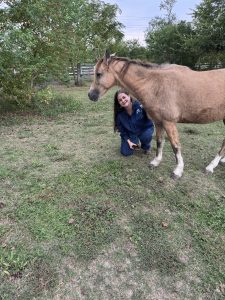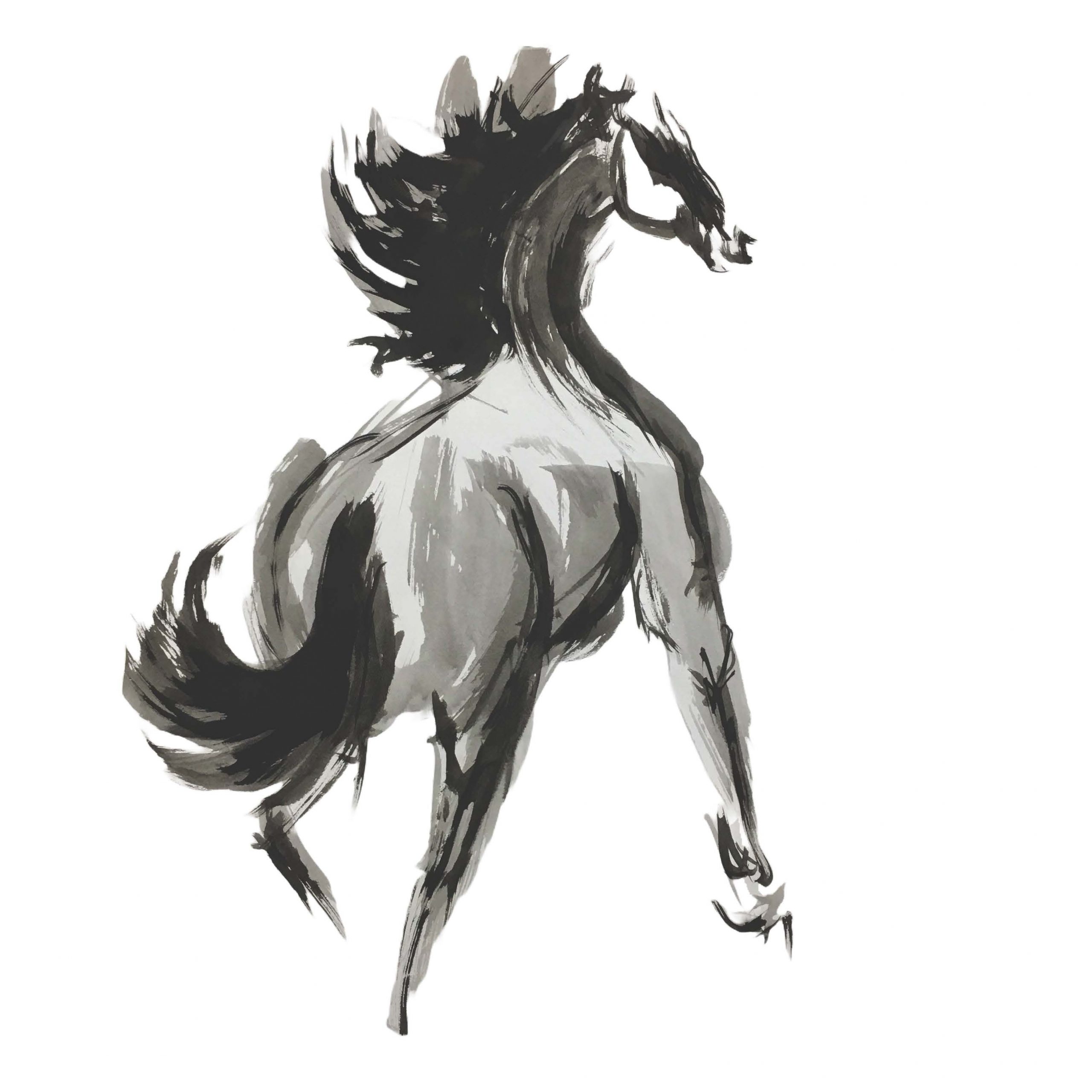Frequently Asked Questions
What is a licensed professional counselor?
A mental health professional who provides therapy to individuals, couples, families, and groups. After earning a master’s or doctoral degree in a counseling-related field, an LPC completes extensive supervised clinical hours and passes a state-approved licensing exam. They specialize in helping clients with mental health issues, emotional well-being, personal development, and can work in various settings such as private practices, hospitals, or community organizations.
Who hires a licensed professional counselor?
- Individuals struggling with mental health conditions like anxiety, depression, trauma, or grief.
- People experiencing chronic stress or difficult life transitions.
- Individuals with chronic pain or illness
- Individuals with substance abuse or addiction problems.
- Those seeking self-improvement and motivation.
- Couples and families dealing with relationship issues.
What is the difference between a counselor and a therapist?
Therapists is a general term for people who provide varied modalities of therapy utilizing a specific specialized masters degree and license requirements. A counselor is someone who goes to school to learn how to be a therapist and specializes in counseling and theories of psychotherapy. An LPC can be referred to as counselor or therapist.
Who do you work with?
I support clients from the age of 15 to adulthood. I am passionate about helping people discover their strengths, achieve their goals, and cultivate healthy relationships.
What is an equine-assisted psychotherapist?
An equine assisted therapist is a professional, often a licensed mental health practitioner or a certified equine specialist, who facilitates ground-based therapy sessions using horses to address clients’ mental, emotional, or physical health goals. These therapists guide clients through activities like grooming and leading horses, helping them develop skills such as self-awareness, communication, and problem-solving by observing and interacting with the horses’ reactions and behaviors. The Natural Lifemanship principles are relationship based, this modality teaches making requests, consent, connection, and setting boundaries. This highlights a person’s relational and attachment styles.
What is equine-assited psychotherapy?
A form of therapy that incorporates horses in the therapeutic process to assist individuals in addressing mental health issues.
- EAP sessions are typically led by a licensed mental health professional and a trained equine specialist or someone who is dual certified.
- Safe Environment: Therapists provide a nonjudgemental space for clients to confront issues and practice vulnerability.
- Clients engage in non-riding activities with the horses, such as observing them, grooming, leading, and other activities that develop relationship.
- The interactions between the client and the horse provide opportunities for reflection, insight, and emotional processing.
- The horses’ non-judgmental nature and desire for relationship can help clients gain a deeper understanding of themselves and their challenges.
- The horses’ presence can provide a sense of calm and support, which can be especially helpful for individuals who have difficulty expressing their emotions.
- Skill Development: Clients can improve various skills, including mindfulness, problem-solving, teamwork, communication, and confidence.

